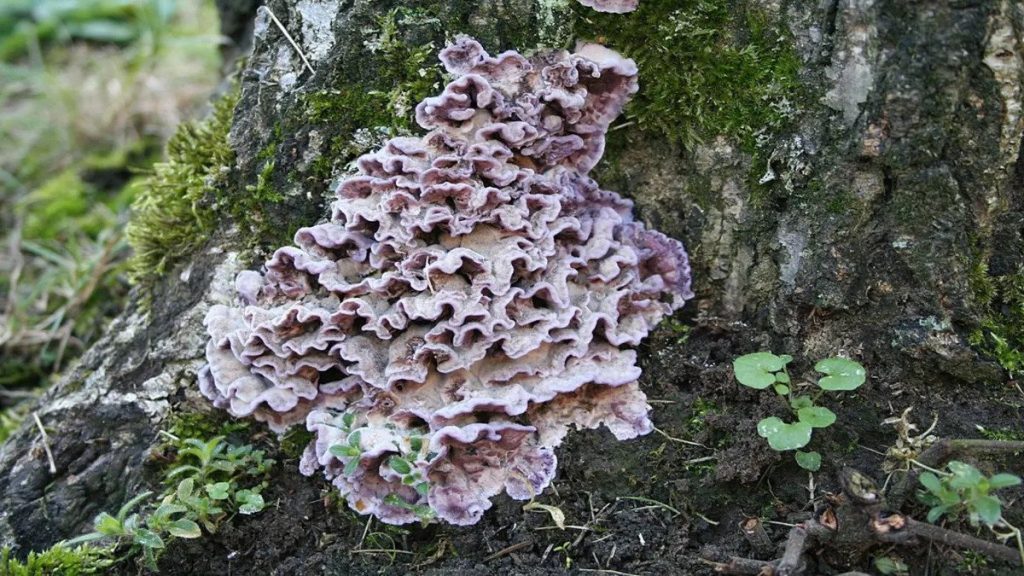A 61-year-old Indian farmer, who was a plant mycologist, contracted a rare fungal disease caused by Chondrostereum purpureum, the fungus that causes “Silver Leaf” disease in plants. This was the first-ever recorded case of a human being infected by this fungus, which is deadly for plants.
The man experienced flu-like symptoms and difficulty swallowing. He initially thought he had contracted the illness from working with molds, yeast, and mushrooms while studying to become a plant mycologist.
The doctors who treated him shared his case files with the World Health Organization (WHO), where the news broke. The researchers claimed that there had never been any evidence that a specific fungus could infect humans.

The patient was given two courses of antifungal medication for two months, and the pus was sent to a WHO-collaborating facility in northern India for testing. The researchers noted that only a few of the millions of fungi could infect humans and animals.
The medical professionals who treated the man said that his case raised serious questions about the ability of plant pathogens to cause disease in healthy humans and animals. Professor Elaine Bignell of the MRC Centre for Medical Mycology suggested that the patient might have had an unknown genetic immune deficiency.
She further explained that the man in the Kolkata case may have been exposed to an incredibly high number of spores, possibly due to his experimental or botanical work. Prof Bignell stressed that there was no cause for alarm but added: “It’s a new kid on the block, and we don’t know much about it.”
During the COVID pandemic, there has been a “significant” rise in fungal infections, according to the WHO, which has identified 19 fungi that could pose a threat to public health. Various types of fungi can affect humans, including Candida species, which can cause thrush, and Cryptococcosis neoformans, which can cause pneumonia and meningitis by infecting the lungs and brain.
Aspergillus fumigatus, a common mold, can cause chronic and acute lung disease and can be fatal. Candida auris, a yeast, has also been spreading rapidly through healthcare facilities in the US, raising concerns about its potential impact on human health. It is vital to understand how these fungi can affect humans and to prevent their spread.
In addition to these known threats, the warming of the planet due to climate change may result in the emergence of previously unknown fungi that can survive in hotter environments. While this is a cause for concern, experts emphasize that more research is necessary to understand the potential impact of these fungi on humans and animals. Therefore, there is no need for alarm at present.


